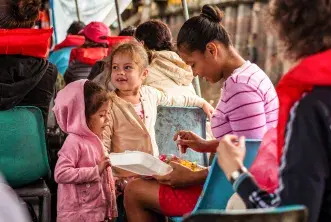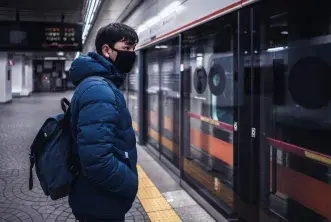KAICIID and the 2020 G20 Interfaith Forum
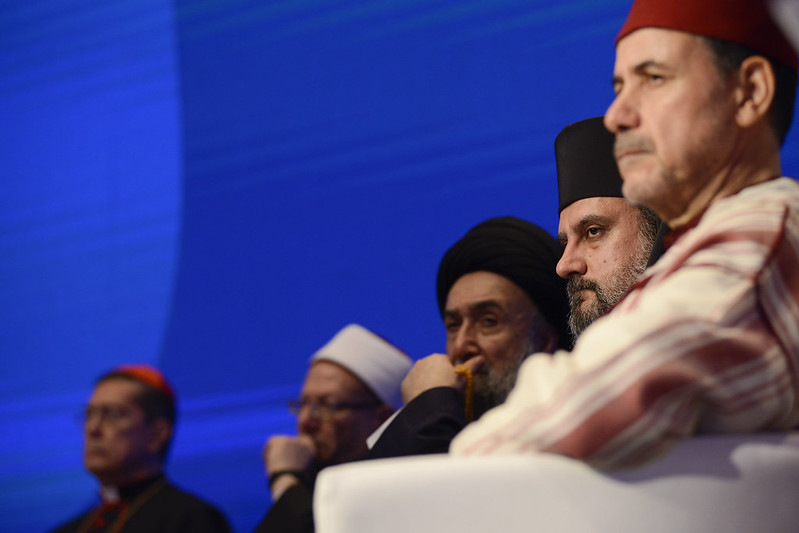
As leaders and experts who work at the interface of religion and policy, we are conscious of the ways that religious communities have responded to the challenge and of ways they have learned to adapt. Most of us will never forget this year’s Easter, this year’s Passover, this year’s Ramadan, and the ways that life in every religious community has been affected. Our consciences have also been seared by other pandemics—the all-too-resilient strains of racism—both personal and structural; the burdens of inequality, in all their myriad forms; the suffering of people who 'can't breathe;' the unending flood of refugees and displaced persons; the ongoing degradation of the environment; and countless other ills that bear in upon us as we shelter and social distance in our homes.”
- H.E. Metropolitan Emmanuel, Metropolitan of France and Chairman of the KAICIID Board of Directors
The G20 presidency rotates between member countries each year, with Saudi Arabia assuming the rotating presidency on December 1, 2019. This year’s Interfaith Forum will also be held in partnership by KAICIID, the United Nations Alliance of Civilisations (UNAOC), the G20 Interfaith Forum Association, and Saudi Arabia’s National Dialogue Committee. KAICIID has been closely involved with the Interfaith Forum since 2017, providing support for past summits in Germany, Japan and Argentina, and with further plans to support the 2021 summit in Italy. The annual event is closely tied to KAICIID’s mandate, which promotes dialogue and cooperation between religious leaders and policymakers on the world’s most pressing humanitarian and development issues.
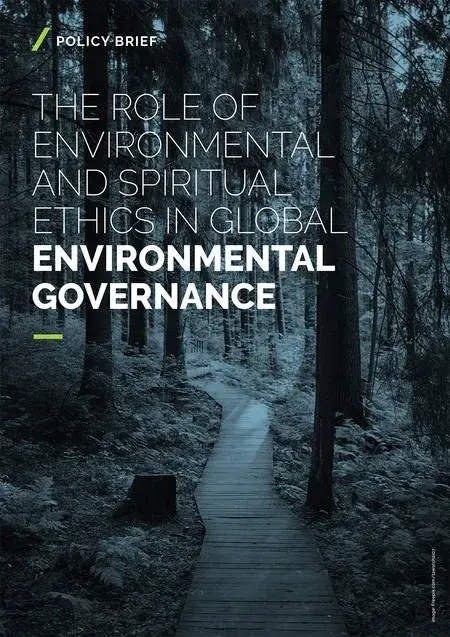
Throughout the G20I process religious and political leadership, experts and organizations identified global issues and shared their recommendations to be addressed at the G20 Interfaith Forum and later the G20 Forum. Following the G20 Interfaith Forum, policy briefs on each of the thematic areas were produced and can be found below.
- Arab Region
- Europe
- Latin America
- Asia
- North America
- Africa
- Fellows
- Youth and Fellows Forum
-
Arab Region
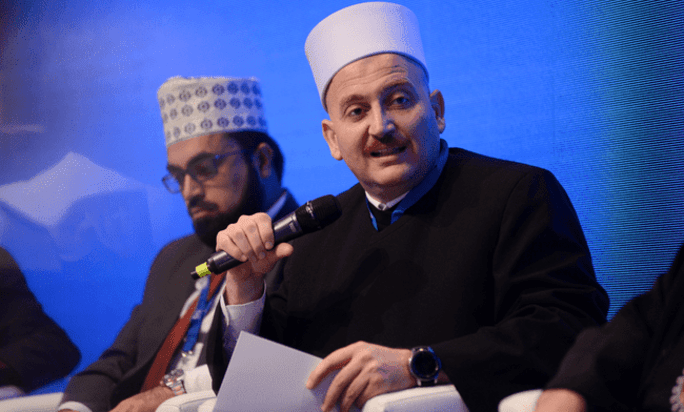
27 June & 3 July
In the Arab region, hate speech, discrimination, and a lack of social cohesion have fuelled conflict and violence. Experts called for the strengthening of legal and policy frameworks to prevent violence in the name of religion, enhanced communication with policymakers to counter hate speech, and promote solidarity, regardless of religious, cultural or ethnic identity. Participants also advocated coordination between the United Nations and religious institutions as key partners in protecting the rights of refugees.
-
Europe
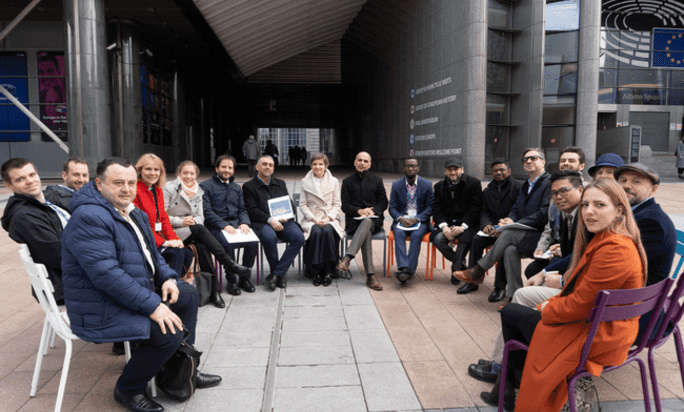
29 June & 14 July
Since spring 2020, faith groups and policymakers in Europe have prioritized alleviating the effects of the COVID-19 pandemic on the wellbeing of people, the economy and the environment. Participants emphasized the need for fairness and awareness to underpin societal or policy change. Calls for immediate action concerning the most vulnerable (those suffering discrimination, human trafficking or forced migration) were matched with pushes for longer term initiatives to secure more just systems through combatting corruption, setting up international platforms to consult on and distribute safe technologies and ensuring fiscal policy and COVID-19 recovery efforts, as well as a response to the climate emergency. Education both formal and informal was repeatedly identified as the primary means to instigate respect, solidarity and change behaviour.
-
Latin America
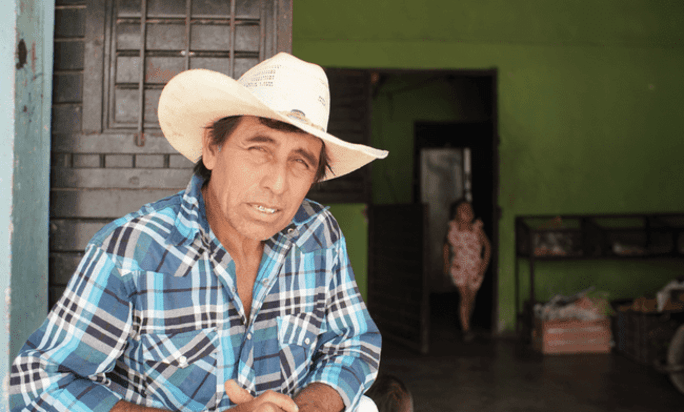
21 July & 15 September
Nearly 200 million Latin Americans live in poverty, despite the fact that the region is commonly referred to as a global powerhouse of natural resources and biodiversity, according to the latest reports published by the Economic Commission for Latin America and the Caribbean. Studies show that an estimated 45 million people could fall below the poverty line in the near future, as a result of the COVID-19 pandemic. Experts offered recommendations for addressing structural inequality as well as high levels of poverty throughout the region.
-
Asia
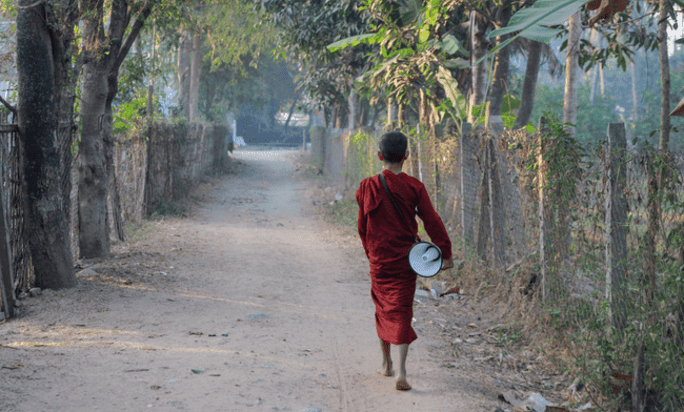
5 August & 6 August
In Asia, faith-based organizations and senior policymakers are addressing challenges such as increasing access to education, providing urgent action on climate change, and helping the economically disadvantaged. Participants pointed to the interconnectedness between climate change and SDG#16 (the promotion of just, inclusive societies), as environmental disasters are fueling conflict across the globe.
-
North America
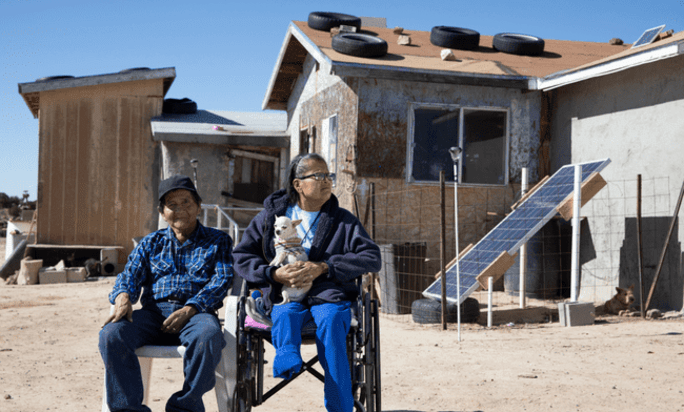
17 to 21 August
In North America, religious leaders and institutions are actively addressing human rights issues such as racism, the plight of child refugees, social inequalities, and poverty. Faith communities are also stepping up during the pandemic operating food banks, joining the frontline at hospitals, and offering spiritual and pastoral support.
-
Africa
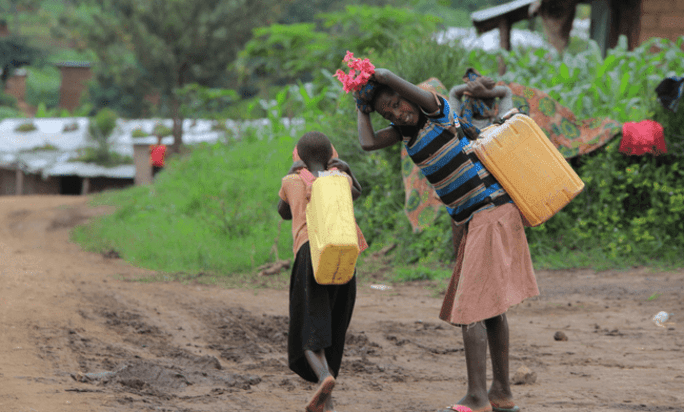
24 August and 14 September
In Africa, communities are facing growing regional challenges of climate change, hunger, poverty, and loss of livelihood resulting from the COVID-19 pandemic. Food insecurity is a key concern since Africa continues to struggle to reach the SDG targets for eliminating hunger by the year 2030. This goal has only grown more distant with the pandemic, environmental degradation, and locust swarms in East Africa.
-
Fellows
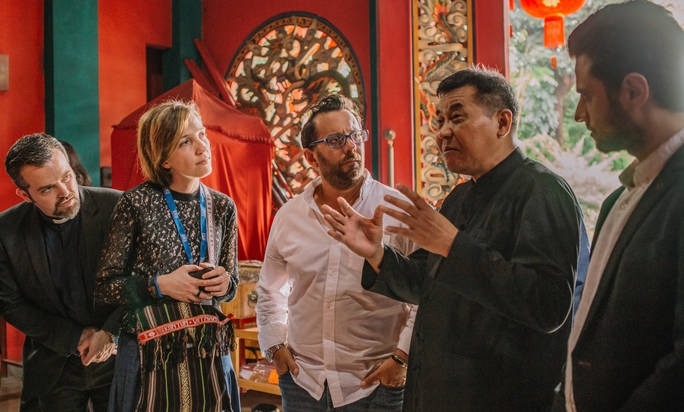
17 September
The KAICIID G20 Interfaith Fellows Consultation will invite current Fellows and alumni of the KAICIID International Fellows Programme to discuss how Fellows can be better ambassadors of peacebuilding and conflict prevention, particularly within the context of the G20 Interfaith Forum. Additionally, the session will look at how Fellows can provide education and mobilise youth and women, address climate disasters, and foster mutlifaith partnerships around the rule of law and religious rights. Fellows will develop policy recommendations which will be discussed and agreed upon during the Youth and Fellows Forum on 8 October.
-
Youth and Fellows Forum
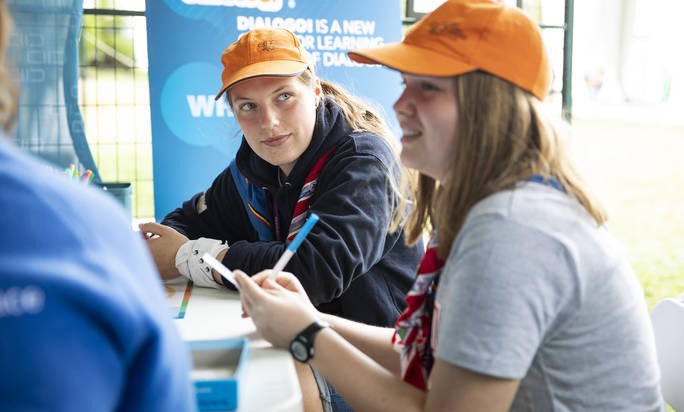
8 October
The uncertainty brought by the COVID-19 pandemic aims to provide fruitful discussions between youth from across the world as well as KAICIID International Fellows and alumni on priority themes for this year’s G20 Summit. Young people tend to be disproportionately affected by violence and conflict, but they are also often at the forefront of efforts to heal and rebuild their communities. They are also often the most vulnerable when it comes to unemployment and access to decent work. The youth platform will offer ideas and solutions for how young people can actively create a better future for their generation and the generations to come. It will also provide an opportunity to exchange best practices across regions and identify potential concrete policy recommendations based on the perspectives of the Youth and Fellows participants presented during the G20 Interfaith panel discussions. Working group discussions will address countering hate speech and the use of social media as a space for dialogue, advancing solutions for women and young refugees and migrants and purposeful action to protect the environment.
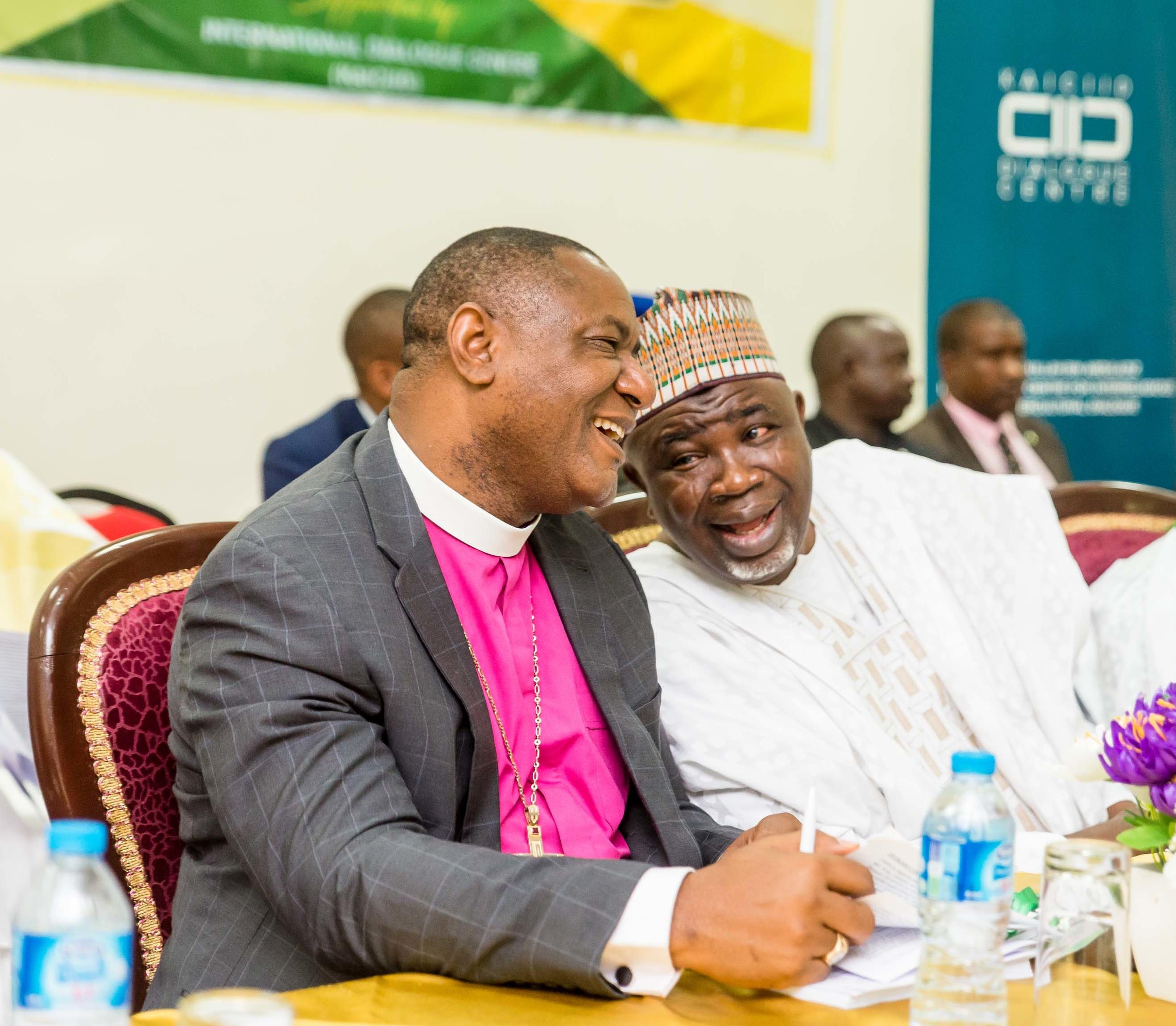

Established in 2005, the United Nations Alliance of Civilizations (UNAOC) is mandated by the UN to improve relations between societies and communities of diverse cultural and religious backgrounds. Through its various programmes and activities around the world, UNAOC works to foster intercultural and interreligious dialogue to bridge divides and overcome prejudice, misconceptions, misperceptions, and polarization.
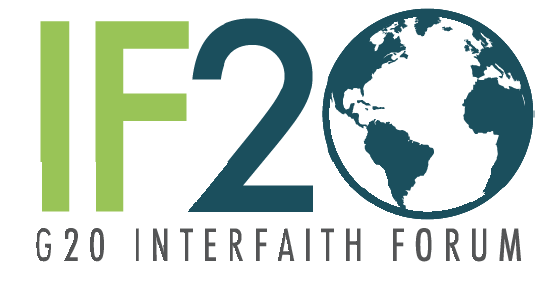
The G20 Interfaith Forum Association offers an annual platform where a network of religiously linked institutions and initiatives engage on global agendas (primarily and including the Sustainable Development Goals or SDGs). The annual G20 Summits are a critical time and place where priority global issues are considered. Our goal is to contribute meaningful insight and recommendations that respond to and help shape the G20 and thus global policy agendas. The G20 Interfaith Forum builds on the vital roles that religious institutions and beliefs play in world affairs, reflecting their rich diversity of institutions, ideas, and values. These include interfaith and intercultural organizations, religious leaders, scholars, development and humanitarian entities, and business and civil society actors.
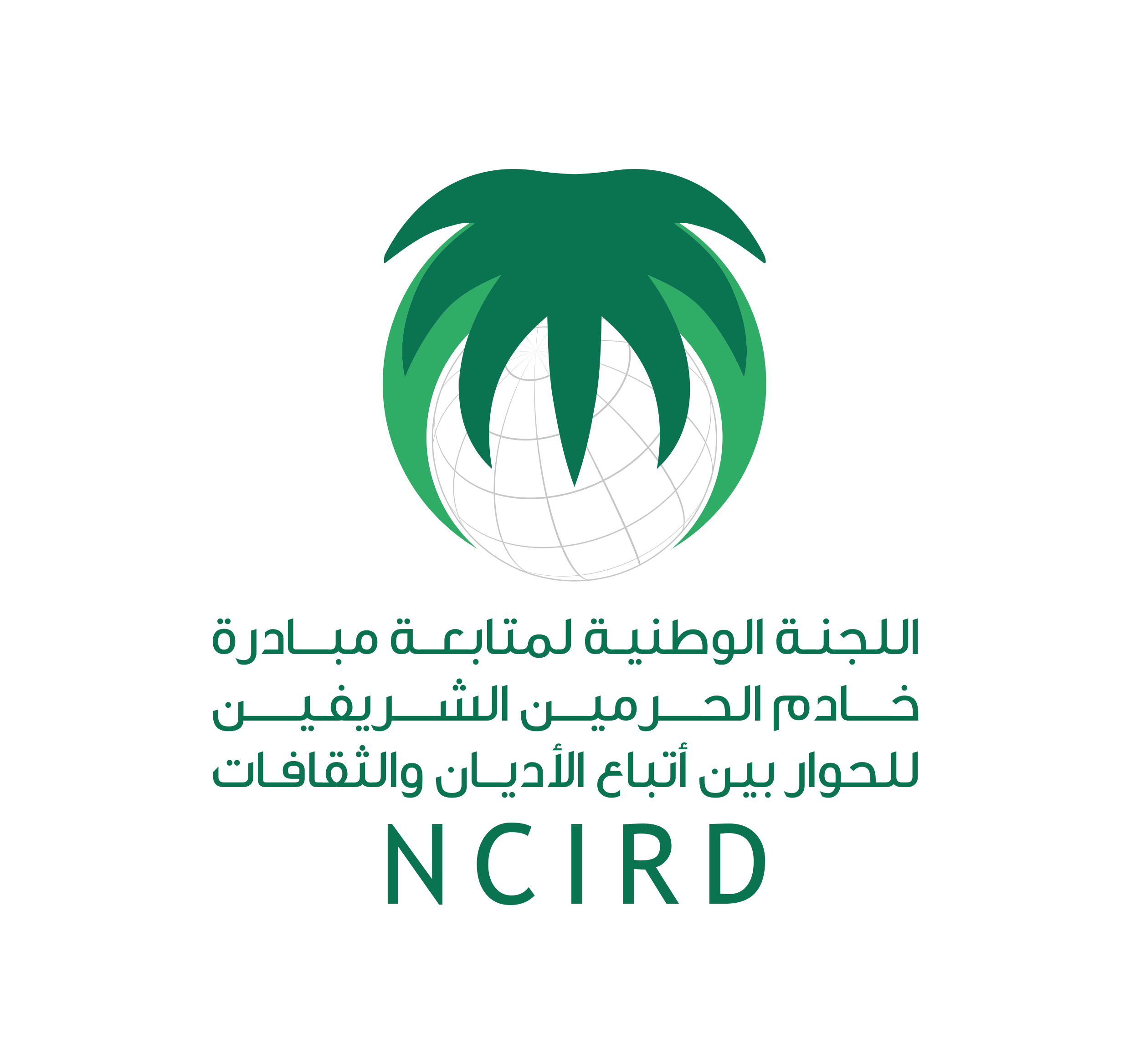
The National Committee for Interfaith and Intercultural Dialogue is a government entity in Saudi Arabia that was established in 2016. Its mandate includes planning and designing programmes that aim at enhancing the Kingdom's initiatives for interfaith and intercultural dialogue. Members of the committee include representatives from various government ministries and dialogue institutions based both in Saudi Arabia and around the world.
The Interfaith Forum’s goal is to draw on the analysis and experience of diverse religious and cultural communities regarding the implementation of the global goals, as well as providing a platform for religious communities to contribute to global policy. It also aims to support the process of formalizing the G20 Interfaith Forums into a sustainable and lasting framework whereby recommendations and inputs of religious actors are reaching and being considered at the highest levels of policymaking around the world.
This year’s agenda will build on the goals of social cohesion, equity, and sustainability which have formed the foundation of the Forum’s goals since its inception. Additionally, the host country can also select themes in line with these topics. Themes for 2020 include empowering women and youth, fostering collective efforts to respond to climate change, and shaping new technological frontiers.
This year’s agenda will also include a response to COVID-19. Religious leaders and policymakers are at the center of global action to address the global and national social, economic, and political consequences of the pandemic. The crisis puts in stark relief both the central roles that religious institutions can play in a public health emergency and in ensuring compassionate and effective support to populations.
The G20 Interfaith Forum will be held from the 13-17 of October 2020 and will be hosted by Saudi Arabia. Currently, Forum organizers are working to adjust the format of the event due to the COVID-19 crisis. Please check our registration page for additional information.
The Interfaith Forum welcomes some of the most prominent thought leaders and dignitaries as well as key policymakers and religious leaders. It also welcomes young people and grassroots dialogue advocates who are leading the way in creating a more peaceful and sustainable future through interreligious cooperation.

